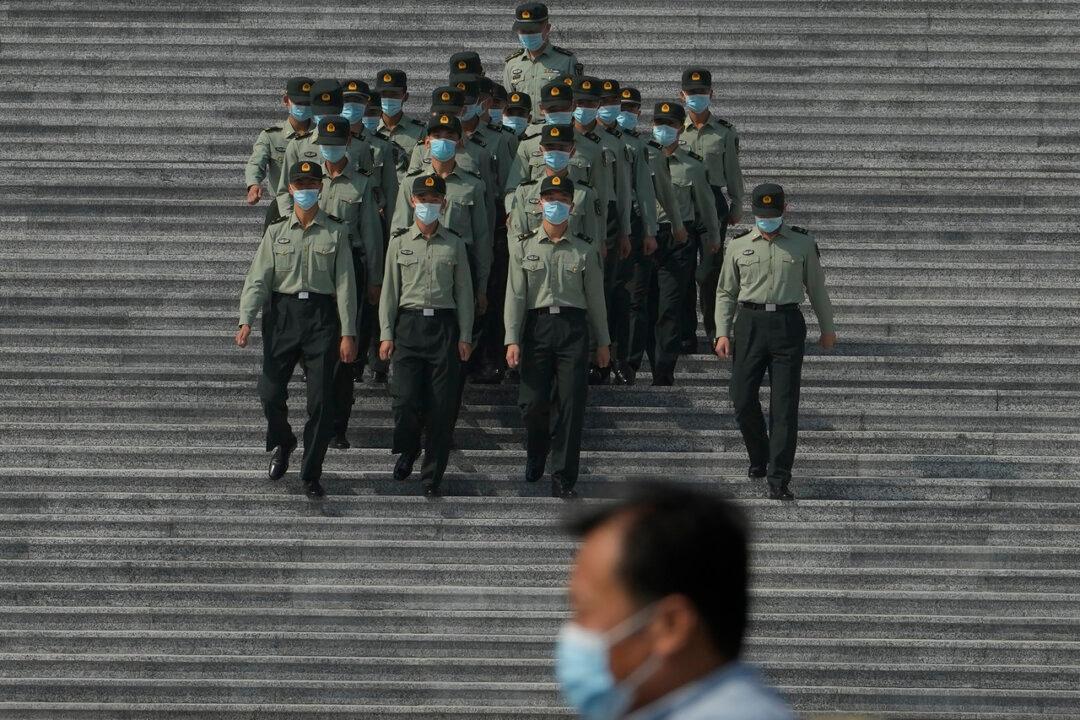A recent study reveals hundreds of publications from Toronto universities collaborating with Chinese academic institutions linked to the military on sensitive research. A former intelligence officer said the ongoing partnerships signal an incentive gap in curbing such practices.
The study, released in October by the Frontier Assessments Unit (FAU), identified a total of 371 publications from collaborations between Canadian universities and seven Chinese academies known as the “Seven Sons of National Defence” due to their strong affiliations with the People’s Liberation Army, the primary military force of communist China.





